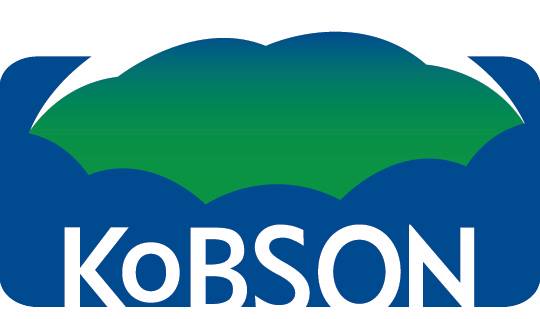Volume 17 article 638 pages: 514 - 517
The article is devoted to the problems of reproduction of human resources as the basis of the digital economy. The factors and conditions of formation of human resources in the digital economy are determined. It is established that the existing human potential is implemented inefficiently, which hinders the development of knowledge-intensive industries, the expansion of the scientific potential of the country. Such trends are very dangerous and can spread widely and cause great damage to society and the economy. The reform of the scientific and educational sphere in the context of the development of the information society is necessary, and the most effective in this direction are public investments in the diversification of production and training of the population, the close connection of production with innovation, science and education. Today it is important not only to solve the problems of reproduction of human resources, but also the problems of formation of a new factor of production for the development of digital society.
The reported study was funded by RFBR according to the research project № 18-010-01119 «Management of digital transformation of innovation-industrial cluster as a system-forming element of the industrial digital platform: methodology, tools, practice».
1. Kuladzhi T., Babkin A., Murtazaev S.A. (2018). Matrix Tool for Efficiency Assessment of Production of Building Materials and Constructions in the Digital Economy. Murgul V., Popovic Z., International Scientific Conference Energy Management of Municipal Transportation Facilities and Transport EMMFT 2017. EMMFT 2017. Advances in Intelligent Systems and Computing, 692. Springer, Cham.
2. Becker, G. (1975). Human Capital: A Theoretical and Empirical Analysis, with Special Reference to Education, Second Edition, New York: Columbia University Press for NBER.
3. Stigler, G.J. (1961). The Economics of Information. Journal of Political Economy, 69. 213-213. doi: 10.1086/258464.
4. Armstrong, M., Taylor, S. (2014). Armstrong's handbook of human resource management practice, Philadelphia, PA : Kogan Page Ltd.
5. Castells, M. (2010). The Information Age: Economy, Society and Culture Volume 1: The Rise of the Network Society, 2nd ed. Oxford: Wiley Blackwell.
6. Machlup. F. (1973). The Production and Distribution of Knowledge in the United States, USA, Princeton University Press.
7. Gabdullin, N. M. (2018). Modern approaches and methods of measuring human capital. Questions of innovation economy, 8(4), pp. 785-798.
8. Thomas, J. C. (2002). Human capital in the information age. Canadian Public Policy, 28(1), pp. 73-80. Available at: http://www.jstor.org/stable/3552161
9. Crawford, R. (1991). In the era of human capital. New York: HarperBusiness, 197 p.
10. Pelikhov, N. I., Kushnikov, E. I. (2018). On the question of factors of production in the modern economy. Creative economy, 12(11), pp. 1759-1770.
11. Fedorova, O. I., Zueva, E. G. (2018). Accumulation and realization of human capital in new conditions: opportunities and limitations. Creative economy, 12(10), pp. 1649-1660.
12. Coleman, J. (1990). Fundamentals of social theory. Belknap Press of Harvard University Press, pp. 241-527.
13. Nureyev, R. M. (2005). Development theories: new models of economic growth (contribution of human capital). Economic Issues, 9, p. 345.
14. Gvozdeva, E. U., Sterzer, T. A. (2007). Human capital as a factor of Russia's development. ECO, 7, pp. 123-133.
15. Vertakova Y., Klevtsova, M., Babich. T. (2016). Identification of the new research areas and development of the existing ones by methods of morphological analysis and synthesis. Economic Annals-XXI, 157, pp. 4-8.
16. Plotnikov V.А., Vertakova Yu.V. (2015). Sustainable development of spatially distributed socio-economic system: the experience of Russia. Innovation Management and Sustainable Economic Competitive Advantage: From Regional Development to Global Growth, IBIMA 2015 Proceedings of the 26th International Business Information Management Association Conference, pp. 3224-3229.








